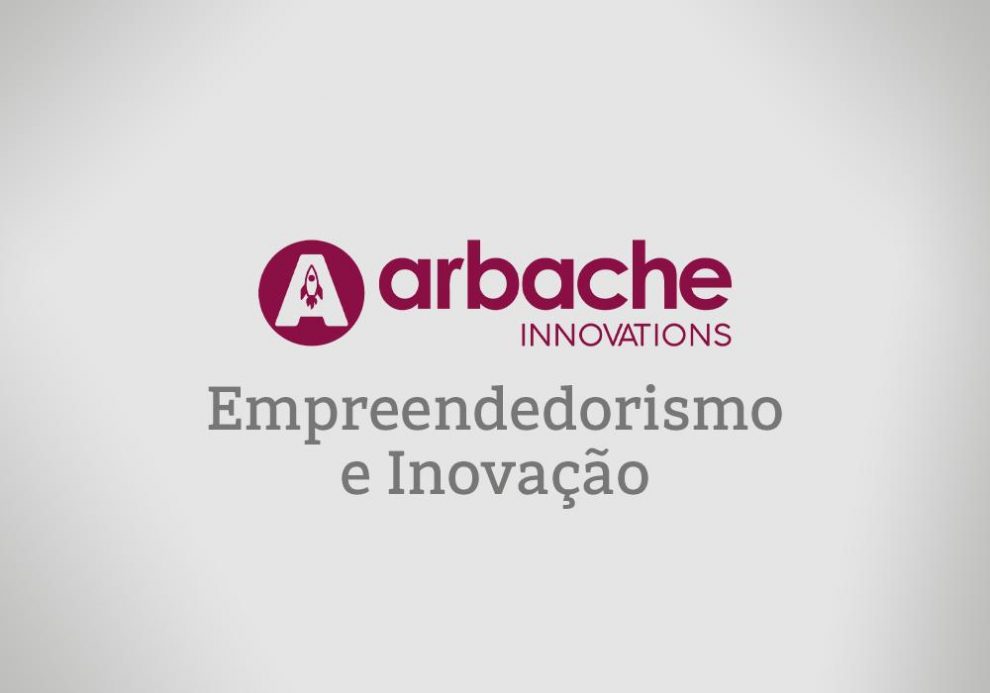Geopolitical neutrality and national sovereignty guaranteed by the armed forces – way for Brazil as an economic powerhouse
Brazil is in a few conflicts area. This generates doubts among the population about the real need for investments in the military. However, observing Latin America, we see a reverse trend to the earlier statement. Some countries are making major military purchases and thereby increasing their war potential. As example we have the investments made by Venezuela, generating an arms race and a new political-military reality in South America.
Venezuela predicts to invest US$ 60 billion on its military until 2020, which will make it the most powerful military power in Latin America. The modernization plan will allow the country a great deterrent power, already in 2012, with estimated investments of US$ 30,7 billion. The ambitious plan includes as a trigger the purchase twenty four Sukhoi Su-30, a multirole fighter, with an investment of US$ 800 million; it also can reach 150 jet fighters and the purchase of fifty three unities of Russian helicopters MI-17, MI-35 and MI-26.
Economically, the Venezuelan GDP is approximately 20% of the Brazilian. Therefore, the Venezuelan economy, based almost entirely on oil, sees the growth of alternative fuels in Brazil as a threat. This could be seen in several speeches by Venezuelan President Hugo Chavez.
This is one issue among many others why Brazil needs to rethink its military principles. To be an economic powerhouse requires a strong stand supported by armed forces able to inhibit or discourage any kind of threat.
This position was already taken by major emerging countries, as we can see in the military budgets of China, India and Russia. It should be considered that the three nations have military odds with some of their neighbors, as well as problems with separatist republics; to the armed forces remains the role of maintaining the national unity and sovereignty of these nations.
Given Brazil’s historical neutrality, it should be chosen policies that ensure such position to the world.
Venezuela has already shown what its geopolitical position is, for example, by choosing Russia as a supplier of weaponry. Kuwait and Taiwan pre-established their commercial, political and ideological principles when they set military relations with the United States. Such procedures can establish some restrictions on international trade; therefore, one nation with a neutral profile can keep some open doors, sow more relationships and get more prosperous economy.
Brazil is about to buy jet fighters for its air force, going through a crucial moment that can define its neutrality in the geopolitical context. Three nations – United States, France and Sweden – participate in the bid. The closest country to neutrality is Sweden, which maintains a historical balance in its relations with several other nations. Besides having one of the best equipment in the market, Sweden offers technology transfer with no restriction. So, what are the advantages of aligning with this country through the purchase of this type of aircraft?
Certainly, the first benefit is the perception of neutrality. Another crucial point is the purchase of cutting edge technology by the aviation industry that could use these technologies for implementation of other products. This last point may allow the country to increase its range in high technology exporting, improve the trades’ balance, create jobs and help to qualify the Brazilian industry to become one of the most advanced in the world.
Brazil needs to strengthen the military to ensure its sovereignty and eliminate any threats to its economic growth. As History shows, be a nation with great military power is one of the requirements to be a first world economy. Thus, a decision that could help the country to coin its name as a great nation in the mankind’s History is in the Brazilian government’s hands.









Deixe seu comentário